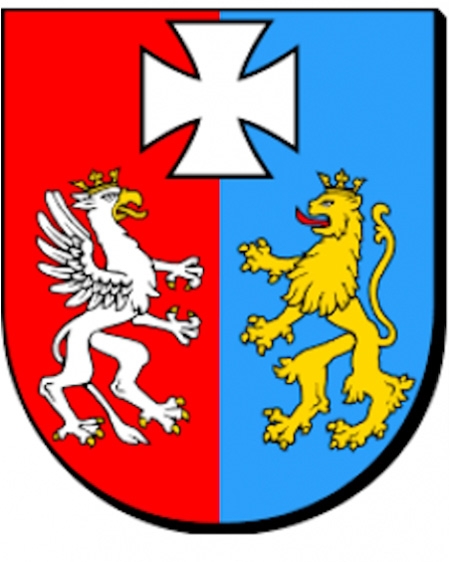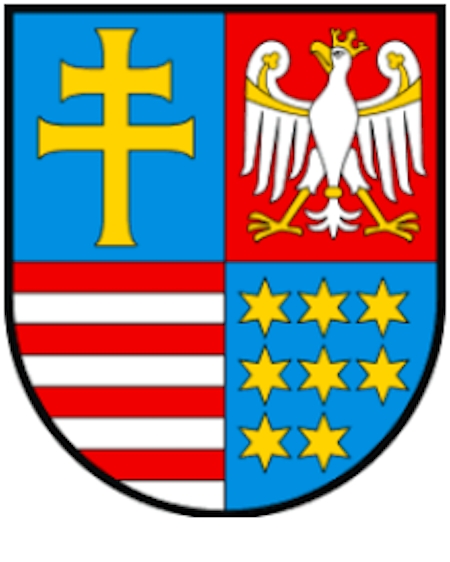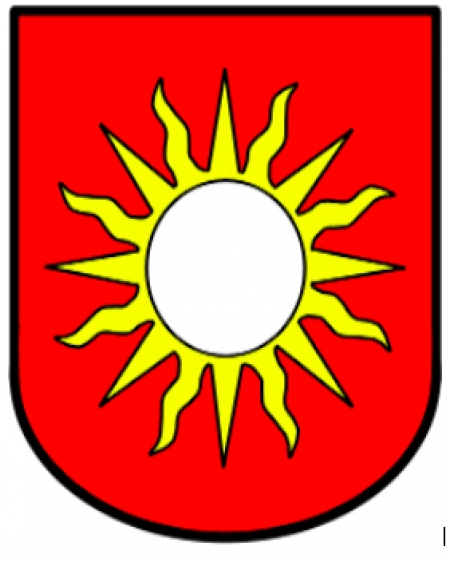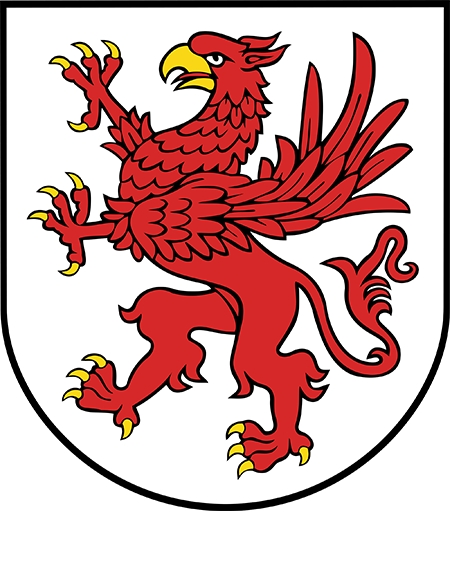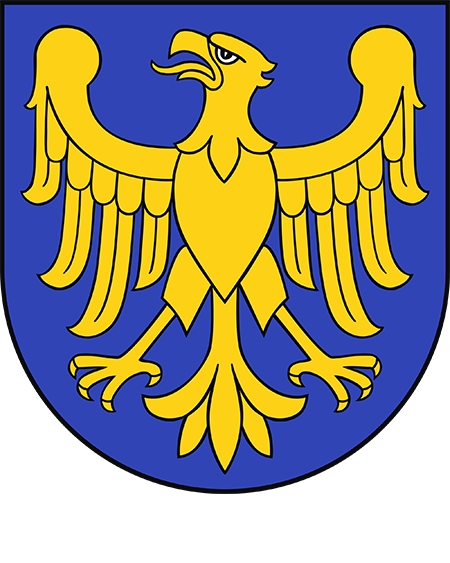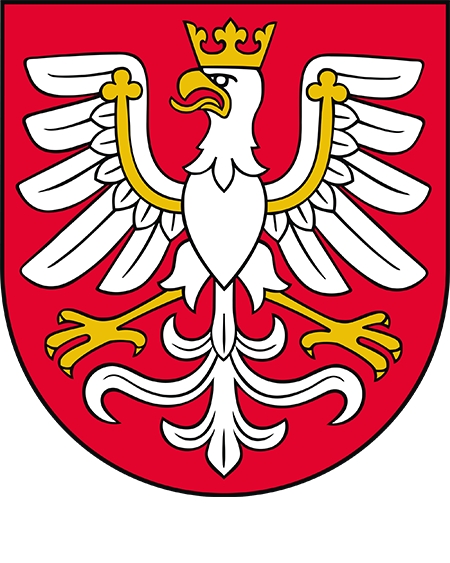Wednesday, May 10th, 2023, 15:00-16:00 CEST
“Less harm less tax”
In an insightful webinar entitled “The goal: world free of smoke. Do we use all available tools?”, Professor Andrzej Fal, President of the Polish Society of Public Health, together with his invited panelists elaborated on strategies to curb the growing trend of Non-Communicable Diseases – NCDs. As Professor Fal put it: “Avoiding behavioural risk factors is the key path to improve public health in the future since Non-Communicable Diseases are responsible for approximately 90% of premature death”. One of the most important problems is cigarette smoking and its consequences. A major goal thus is a smoke-free society. There are several tools to use to reach this goal. Professor Andrzej Fal stated: Undoubtedly when we discuss Public Health strategies there are several levels. We must realize that this is a long process based on prevention, mainly primary prevention, and it takes 1-2 decades to implement. The cases of New Zealand or Sweden clearly demonstrate that you need this time, to prepare especially the youngest in the society to ‘the final step’. This is the only way to have a smoke-free generation, i.e., a generation that really has never smoked.
In the meantime, we cannot neglect those who already smoke. The tools employed to help them quit, Professor Fal continued, can be divided into three groups: medical help – that includes medical advice and pharmacological support; fiscal control – based on the rule “less harm less tax” for proven harm reduction schemes; also social support. The discussion of the panel focused on how to use best and adequately these tools.
Iwona Pylak, Deputy Director of the Department of excise and gaming tax of the Polish Ministry of Finances, in her presentation, referred to the domestic excise solutions implemented that fulfil the requirements of the World Health Organization Framework Convention on Tobacco Control (FCTC) ratified by Poland. Pricing is one of the tools used to curb the smoking epidemic as well as alcohol consumption. 10% increase in the price of cigarettes decreased the consumption by 4%. Although price increase in some countries has an impact on illegal trade, in Poland so far this is not the case. Taxes imposed are related to the content of smoke in a given product, but Heated Tobacco Products are taxed less due to smaller content of tobacco.
Volodymyr Korolenko, Deputy Head, State Service of Ukraine on Medicines and Drugs Control, focused on the latest novelties of Ukrainian Law “On the Public Health System” with its main goal to regulate the mechanisms of creating an effective public health system in Ukraine, which will help strengthen the population’s health, prevent disease and increase life expectancy. The development and implementation of a harm reduction strategy science-based action programmes is underway. The aim is to change harmful behavioural patterns (in particular, addiction to narcotic and psychotropic substances, consumption of alcoholic beverages and use of tobacco products, unhealthy diet) of individuals, social groups or society as a whole, by introducing mechanisms and tools for stimulating production and optimal (rational) consumption of products with reduced health risks. This new strategy is closer to the current trend to assume Harm Reduction as another pilar to Public Health Strategies.
Emanuele Bracco, Associate Professor in Economics, University of Verona, Italy suggested enforcing taxation levels correlated with harm (higher for cigarettes than for ENDs). It is very difficult to convince people to smoke altogether. ‘Quit Smoking’ ad campaigns and ‘help to quit’ programmes in UK had little effect. Taxation (price) may be used to convince people not to start, but has very small effects on quitting, often having large unintended consequences: in France big tax hikes lead to large increase in counterfeit. Tax hikes also have important distributional effects (are borne mostly by the poorer strata of the population). An increasing share of smokers have started to use ENDs (electronic nicotine delivery systems). Some of them are dual users, some have fully switched. Evidence shows that consumers perceive these products as substitutes (and not complements) of cigarettes: increase in cigarette prices lead to higher consumption of ENDs and vice versa. Dual use may also be rationalised as an intermediate step in the switching process (in a very habit-dependent activity such as smoking).
Professor Bracco also added that proposals to harmonise (equalise) taxes across products would push many ENDs users back to cigarette and discourage further switching. He concluded that we should allow companies when they sell ENDs to communicate freely about the differential harm.
Martin Smatana, Healthcare analyst, Slovak Medical University, said that most public policies aimed at eliminating risk factors are not effective in Slovakia and many other CEE countries. There are several reasons for this, but they are primarily related to two reasons: politicians expect quick results and decisions are often made on the basis of incomplete or partial data. This is particularly problematic when dealing with such a sensitive topic as the concept of harm reduction.
Although countries such as the UK have guidance from the national HTA agency that e-cigarettes, for example, are an effective tool for smoking cessation and the overall elimination of the harm caused by smoking, if there is no local data in Slovakia, he said, it is difficult to publicly communicate this topic without emotions. Mr. Smatana added that this also applies to many countries. If there is not sufficient data on the consumption of individual tobacco products, or whether and how often people smoked alternative products and/or conventional cigarettes, it is impossible to calculate the medical and economic impact of switching to less harmful alternatives. Without data, most debates are reduced to opinions. He continued, at the beginning of this year, a large data collection was undertaken, based on CDC survey, to be able to better calculate the impact of all policies that aim to eliminate the harmful effects of tobacco.
In the end all speakers agreed that changing excise tax levels to reflect harmfulness of an activity makes sense. Excise taxes should compensate for negative externalities, so it is, in fact desirable. However, if we want to progress, in a unified Europe, we need to consolidate policies and excise taxes across many countries.
The aim for all remains to end up in a smoke-free world. All measures must be enforced with reason and evidence-based to raise a generation without nicotine addiction.



